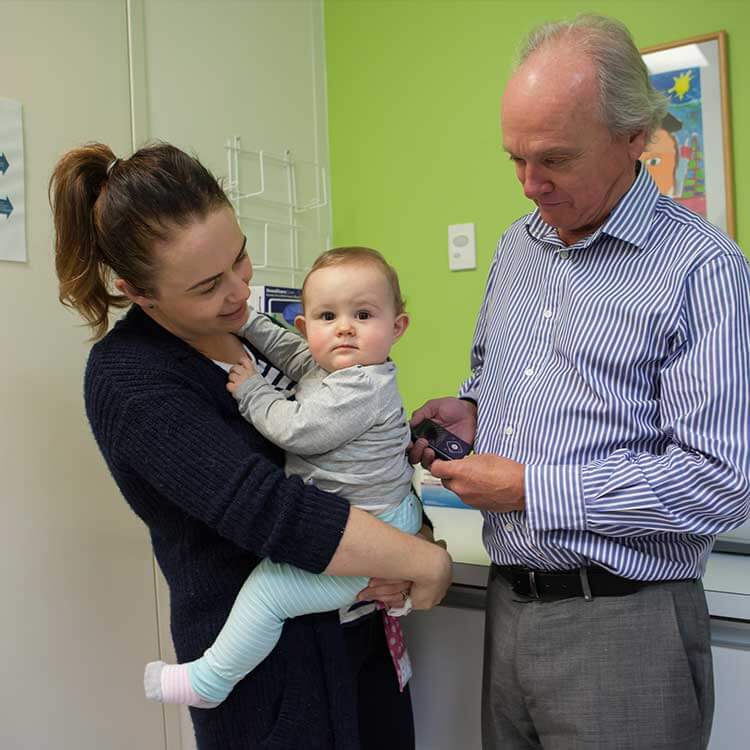Search
Research
Advances in Exercise and Nutrition as Therapy in DiabetesWe surveyed 2200 potentially eligible titles on PubMed and other common search engines for manuscripts on “exercise, nutrition, and diabetes” published between July 1, 2019, and June 30, 2020. This year's articles tended to focus on testing new applications for exercise management, including new insulin treatment approaches, wearables, and new smartphone applications.
Research
Hypoglycemia alarm enhancement using data fusionThe acceptance of closed-loop blood glucose (BG) control using continuous glucose monitoring systems (CGMS) is likely to improve.
Research
Clinical evaluation of a noninvasive alarm system for nocturnal hypoglycemiaThe aim of this study was to evaluate the performance of a prototype noninvasive alarm system (HypoMon) for the detection of nocturnal hypoglycemia.
Research
Perinatal risk factors for childhood Type 1 diabetes in Western Australia - a population-based study (1980-2002)To investigate perinatal risk factors for childhood Type 1 diabetes in Western Australia, using a complete population-based cohort.

The Children's Diabetes Centre's research into Type 1 diabetes, childhood onset Type 2 diabetes and obesity aims to improve the lives of children and adolescents affected by these conditions.
Research
Exercising Safely with Type 1 Diabetes – Development of Clinical GuidelinesOur research focuses on what are the best ways for patients with Type 1 Diabetes to exercise safely. We aim to develop clinical guidelines that provide improved advice for patients and educate patients on how to prevent hypos during and after exercise.
Research
Use of Hybrid Closed Loop therapy in hypoglycaemia awarenessThis study will tell us if the use of a hybrid closed loop system can improve awareness of hypoglycaemia.
Research
National Hybrid Closed-Loop Outpatient TrialThe national Hybrid Closed-Loop Outpatient Trial will test the use of an automated insulin delivery system to see if it is better at optimising blood glucose levels than standard therapy.
Research
Western Australian DNA and Longitudinal Serum Bank for Weight RegulationThis resource will allow researchers to carry out studies which will look at the genetic causes of excessive weight gain and identify biomarkers
Research
A Database of the Complications of Obesity in ChildrenThe Obesity Database records the characteristics and medical complications of children with obesity who present to treatment at Princess Margaret Hospital
